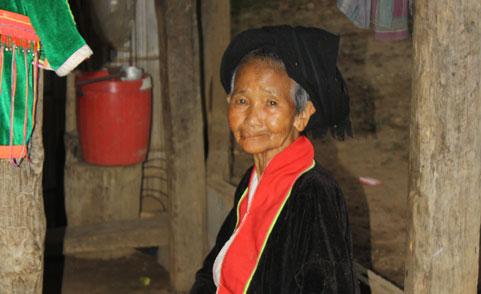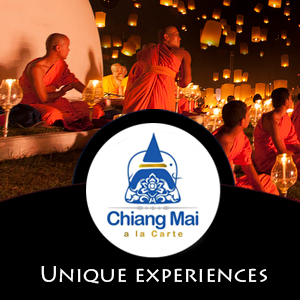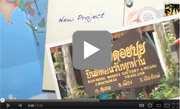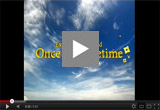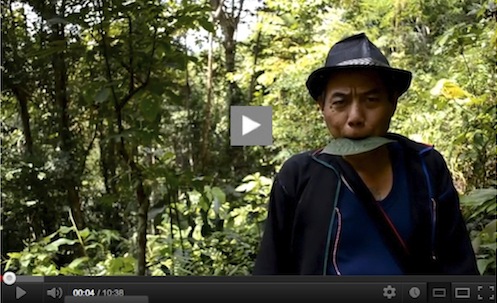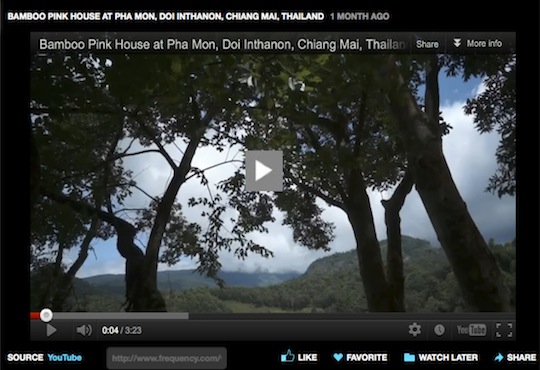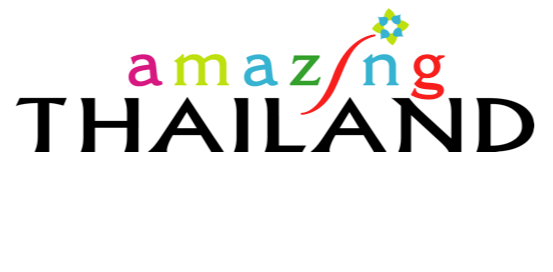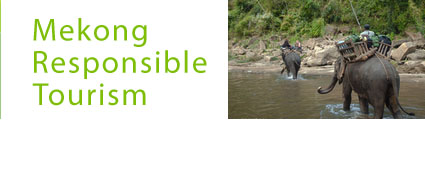Lahu hilltribe
Origins
The Lahu originally lived on the Tibetan plateau and migrated gradually to Yunnan. They probably began moving into north Thailand in the 1870s or 1880s under pressure of Chinese domination.
Where do they live?
The Lahu are a strong independent and very diverse ethnic group who number about 60,000 in Thailand. The Lahu are located primarily in Chiang Mai and Chiang Rai provinces, but can also be found in considerable numbers as far south as Tak province. Their settlements are usually remote from roads and towns, due to their strong commitment to the maintenance of the Lahu way of life.
Subgroups
Also known as Musor, the Lahu have five sub-groupings: Red Lahu, Yellow Lahu, Black Lahu, White Lahu and Lahu Sheleh. The Black Lahu is the largest sub-grouping, making up close to 80 per cent of the Lahu population.
Language
Lahu is a Tibeto-Burman language. Lahu has various dialects. Black Lahu is the most common spoken language.
Lahu has no traditional script. Three romanizations have been introduced during this century, by Protestant and Roman Catholic missionaries and by Chinese government linguists.
Religion
The traditional Lahu religion is polytheistic. Buddhism was introduced in the late 17th century and became widespread.
Culture and lifestyle
The women wear very distinctive black and red jackets and skirts and the men wear baggy green or blue pants. They have a reputation as excellent hunters, and survive off vegetable cultivation, with some supplementing this meagre income with opium production.
Although primarily subsistence farmers, growing rice and corn for their own consumption, the Lahu are also proud of their hunter-warrior heritage. They remain a strict, serious people governed by strong principles of right and wrong, every individual in the village answering to the common will of the elders. While less importance is placed on the extended family than in other hilltribe communities, the Lahu are still strongly committed to principles of unity and working together for survival. Lahus may have the most gender-equitable society in the world.
Important festivals
The major communal festival marks the beginning of the Lunar New Year, while the Festival of Eating the New Rice is also important. Christmas is an important festival among Lahu who are Christians.
More on Lahu New Year: (https://bit.ly/LBt6fL)
Tiger Trail Tours that include visits to Lahu villages
TTTK03 - Chiang Dao in depth Tour - 4 days
TTTK04 - Explore the Chiang Dao Wildlife Sanctuary Tour - 3 days
TTMT09 - Pai and Mae Hong Son Adventure - 6 days
TTMT10 - Mae Hong Son Trekking Adventure - 7 days
Interesting links






